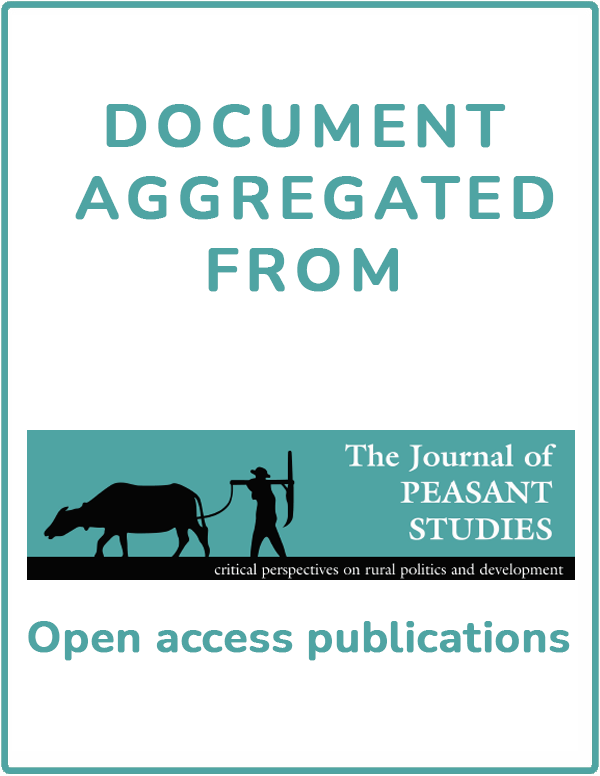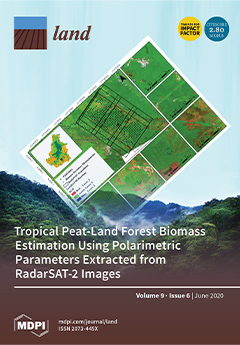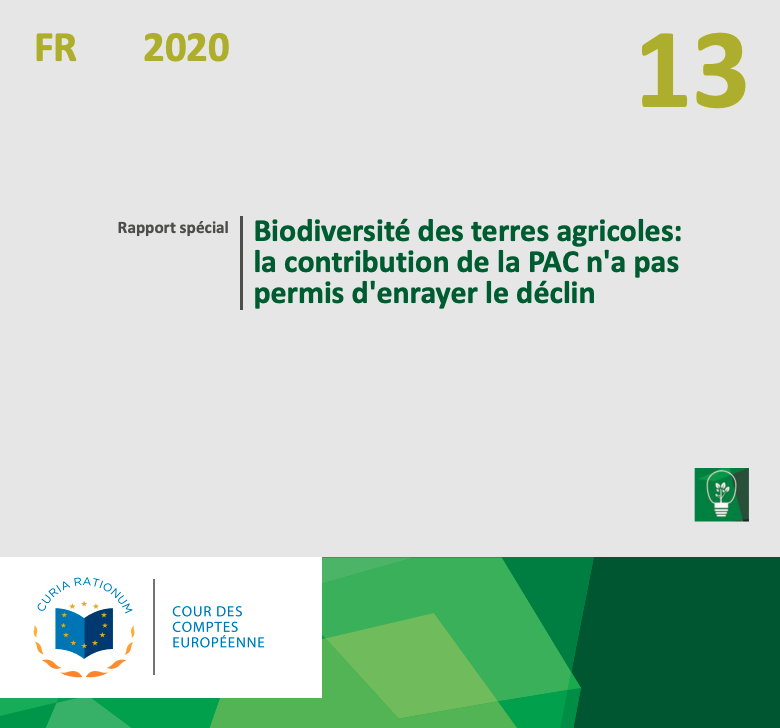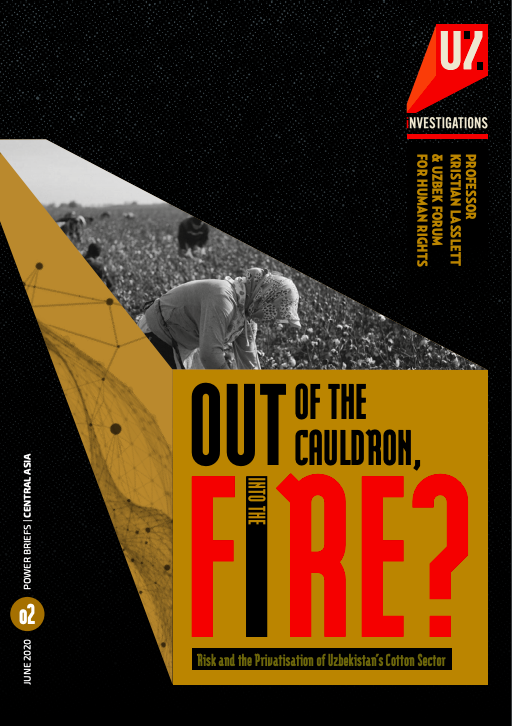(Un)making the upland: resettlement, rubber and land use planning in Namai village, Laos
This paper highlights how farmers in a northern Lao village transformed their customary land rights – in the face of incoherent overlapping state territorialization attempts – into a territorial strategy to secure their land tenure. By planting rubber, some villagers have engaged in a crop boom to lay claim to land which has recently been zoned for upland rice cultivation (and conservation) as part of a state-led land use planning initiative.






